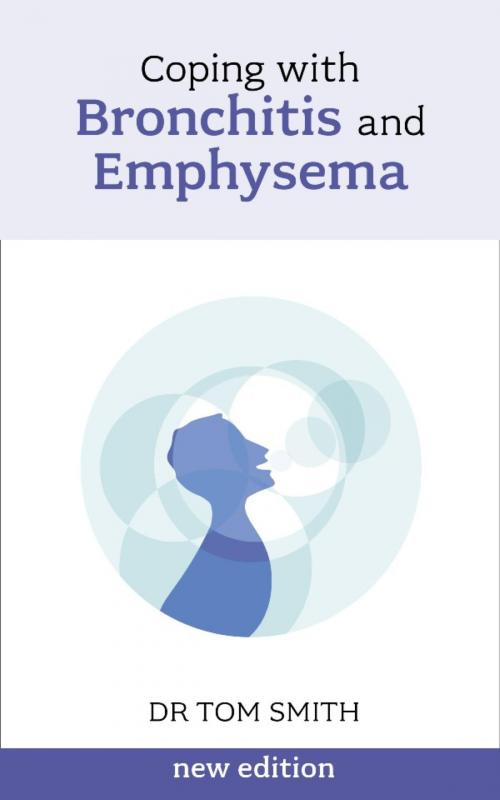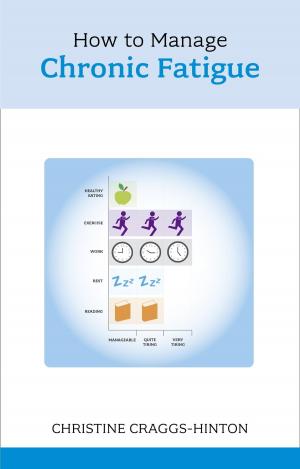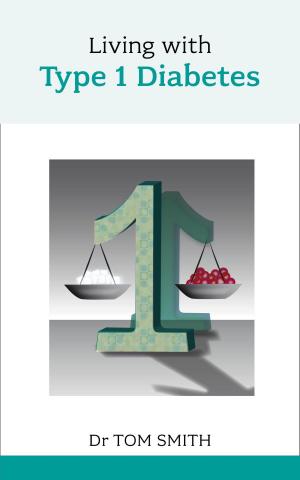| Author: | Tom Smith | ISBN: | 9781847091987 |
| Publisher: | John Murray Press | Publication: | January 1, 2012 |
| Imprint: | Sheldon Press | Language: | English |
| Author: | Tom Smith |
| ISBN: | 9781847091987 |
| Publisher: | John Murray Press |
| Publication: | January 1, 2012 |
| Imprint: | Sheldon Press |
| Language: | English |
Bronchitis and emphysema affect some three million people in the U.K. and kill 30,000 people each year. They account for more loss of time from work than any other form of illness, and are usually caused by smoking, which leads to inflammation of the bronchi. As the lungs become increasingly damaged, shortness of breath develops even on moderate exertion, such as climbing stairs. As the condition worsens, simple tasks such as washing or shaving cause marked shortness of breath, and eventually fighting for breath occurs even at rest. The condition cannot be cured. However, further deterioration can be prevented, and this new edition brings us up to date with changes in treatment, though stopping smoking is still key. Difficulty in breathing can be eased by using inhalers or nebulisers which deliver drugs that open up the airways called bronchodilators (eg 'Ventolin'). Inhaled steroids (eg 'Becotide') are useful in reducing inflammation of the air tubes. Many people need to have oxygen several times a day, and dust, fumes and pollution should be avoided. Lifestyle changes may also help, such as losing weight and taking exercise.
Bronchitis and emphysema affect some three million people in the U.K. and kill 30,000 people each year. They account for more loss of time from work than any other form of illness, and are usually caused by smoking, which leads to inflammation of the bronchi. As the lungs become increasingly damaged, shortness of breath develops even on moderate exertion, such as climbing stairs. As the condition worsens, simple tasks such as washing or shaving cause marked shortness of breath, and eventually fighting for breath occurs even at rest. The condition cannot be cured. However, further deterioration can be prevented, and this new edition brings us up to date with changes in treatment, though stopping smoking is still key. Difficulty in breathing can be eased by using inhalers or nebulisers which deliver drugs that open up the airways called bronchodilators (eg 'Ventolin'). Inhaled steroids (eg 'Becotide') are useful in reducing inflammation of the air tubes. Many people need to have oxygen several times a day, and dust, fumes and pollution should be avoided. Lifestyle changes may also help, such as losing weight and taking exercise.















